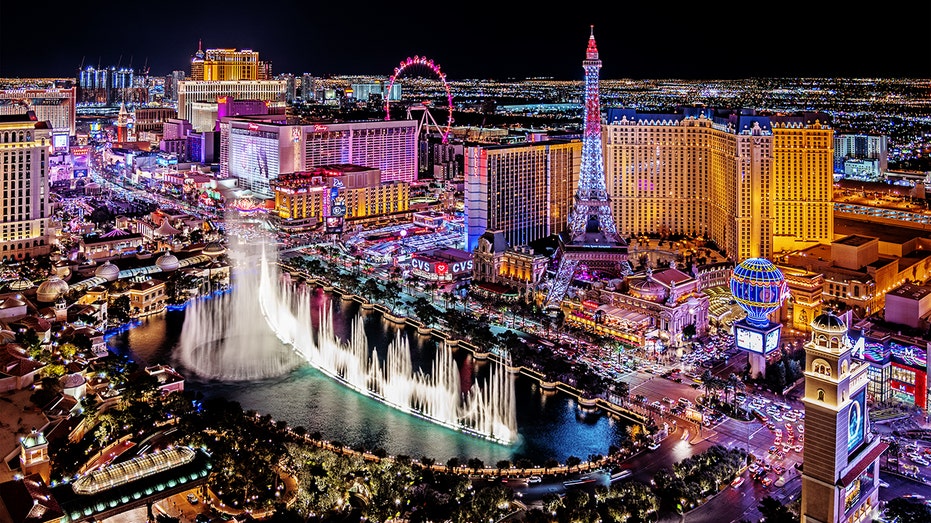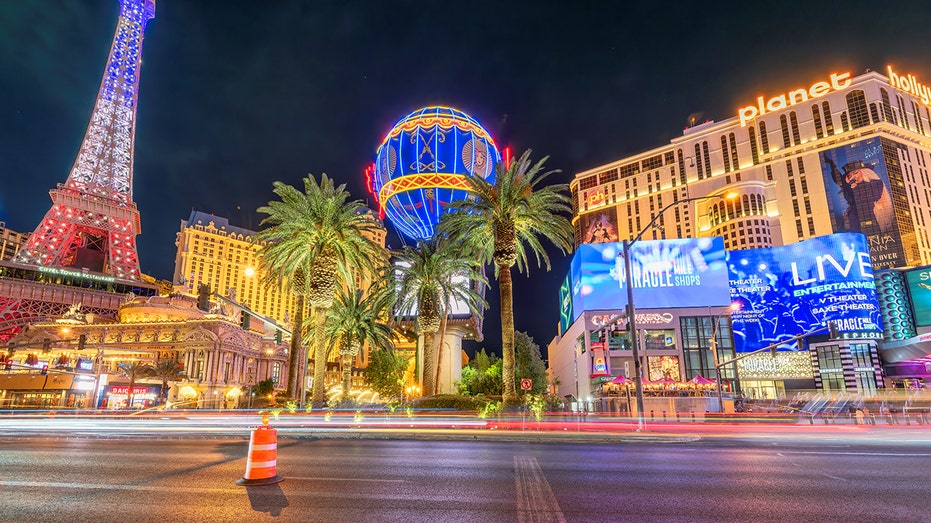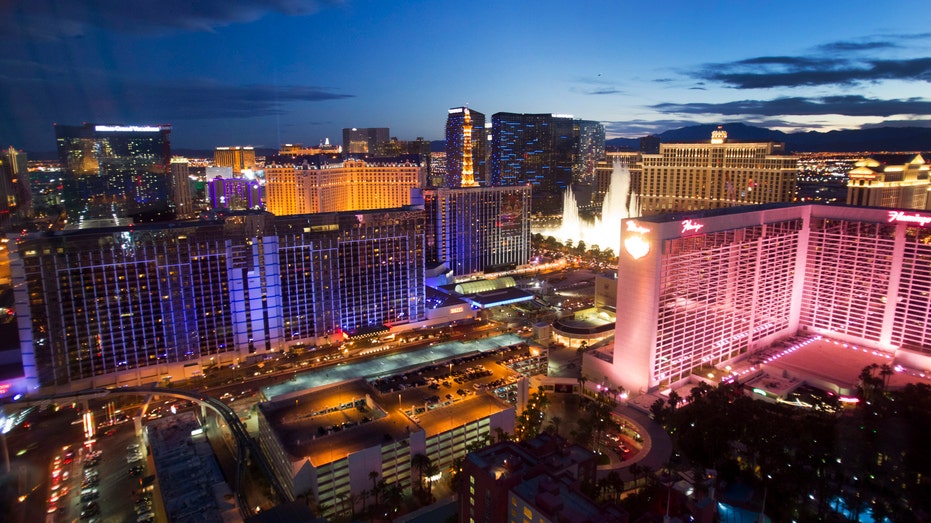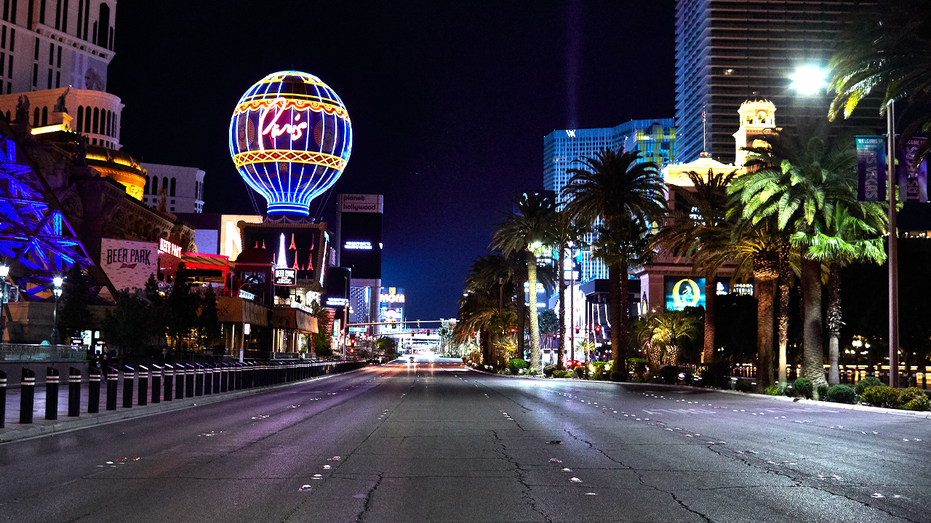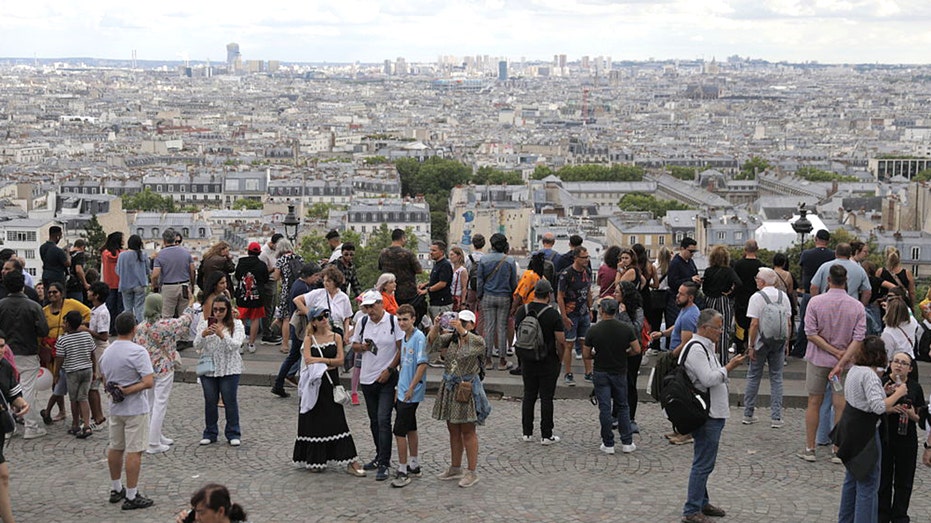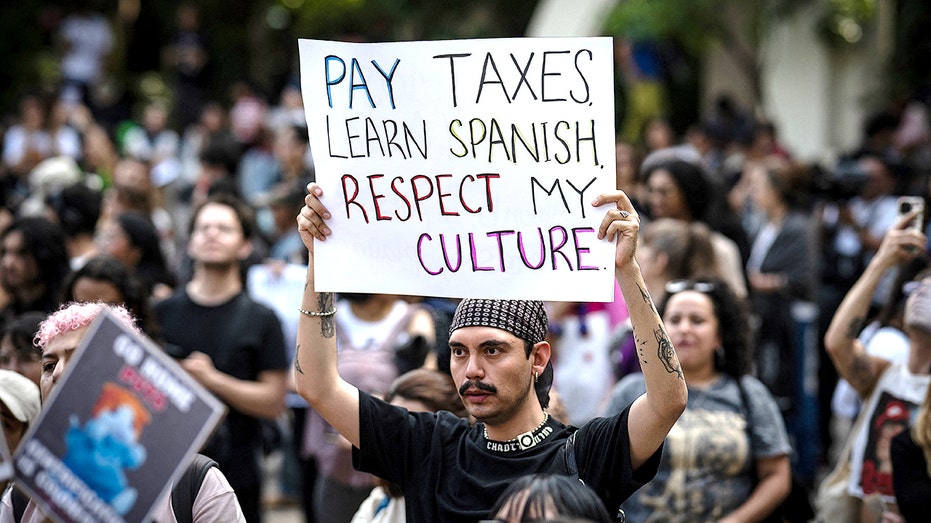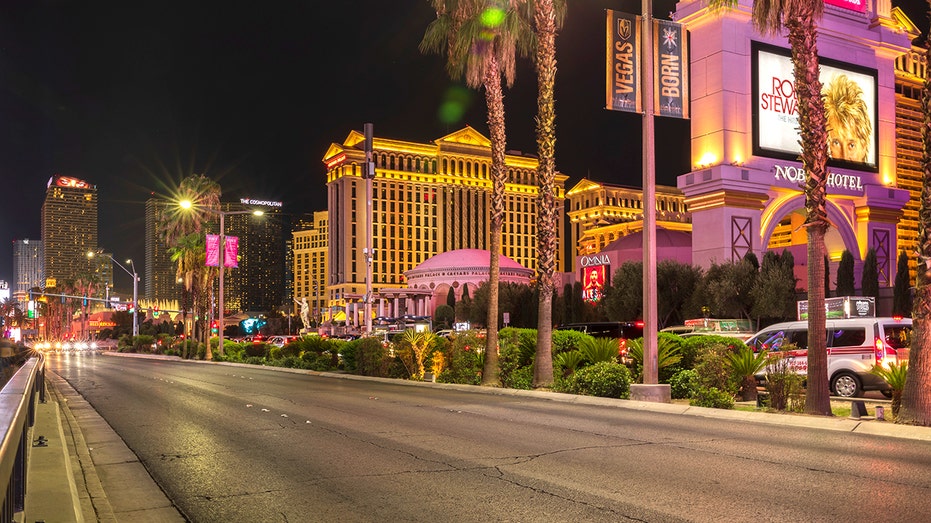Las Vegas Tourism Decline: Analyzing the Root Causes and Future Implications

Sarah Johnson
August 10, 2025
Brief
Analysis of the recent decline in Las Vegas tourism, exploring the underlying causes, including rising costs and shifting consumer preferences, and potential implications for the city's future.
Opening Analysis: The Mirage Cracking?
The recent dip in Las Vegas tourism, as indicated by the latest reports, isn't just a blip on the radar; it could signal a significant shift in the city's economic landscape. While seasonal fluctuations and post-pandemic adjustments surely play a role, the underlying issues of rising costs and changing consumer preferences demand deeper analysis. This isn't merely a story about fewer visitors; it's a sign that the fundamental value proposition of Las Vegas may be eroding.
The Bigger Picture: A History of Reinvention
Las Vegas has always been a city of reinvention. From its early days as a railroad town to its emergence as a gambling mecca, it has continuously adapted to stay relevant. The post-war era saw the rise of the Rat Pack and extravagant casinos, drawing crowds with a promise of glamour and chance. However, the city's reliance on gaming revenue made it vulnerable to economic downturns. In recent decades, Vegas attempted to diversify, adding luxury resorts, fine dining, and entertainment venues to attract a wider audience. The question now is whether this diversification is enough to offset the impact of rising costs and shifting consumer behavior.
What This Really Means: Affordability Crisis and Shifting Priorities
The decline in tourism points to a potential affordability crisis in Las Vegas. As resort prices, dining costs, and even the expenses associated with simply getting around the city increase, Las Vegas risks pricing itself out of the market for many potential visitors. This is particularly concerning given the current economic climate, where many consumers are becoming more conscious of their spending. Furthermore, the rise of alternative entertainment options, such as online gaming and immersive experiences, is challenging Las Vegas's traditional appeal. What are families going to do? Consider that if you can't afford to rent a hotel room, you're certainly not walking into a casino.
Expert Perspectives
Dr. Robert Lang, Professor of Urban Affairs at UNLV, notes that "Las Vegas has always been a high-risk, high-reward economy. The ability to adapt quickly to changing market conditions is crucial for its survival. The current decline in tourism should serve as a wake-up call to reinvest in the value proposition of the city."
Amanda Belarmino, Assistant Professor at UNLV's College of Hospitality, is quoted as saying, "The data makes it clear that tourism is down, but the question becomes how Las Vegas pivots to remain competitive. Is it shifting its strategy into the metaverse to reach a different client base or lower prices to encourage higher volumes of the current customer base?"
Data & Evidence
- The Las Vegas Convention and Visitors Authority (LVCVA) reports an 11.3% decrease in visitors in June compared to the previous year.
- Hotel occupancy has dropped by 6.5%, indicating a decline in demand.
- Average daily room rates have decreased by 6.6% to $163.64, suggesting resorts are attempting to lure back customers by lowering prices, yet the results (low tourism) does not lie.
- Harry Reid Airport experienced a 4.1% year-to-date decline in passenger traffic, reflecting decreased travel to the city.
Looking Ahead: The Road to Recovery or Further Decline?
The future of Las Vegas tourism hinges on several factors. The city's ability to address the affordability issue is paramount. This could involve strategies such as promoting more affordable dining options, offering discounts on attractions, and working with airlines and hotels to reduce travel costs. Additionally, Las Vegas needs to continue to innovate and diversify its offerings to attract new demographics. This could involve investing in new technologies, expanding its entertainment options, and promoting its unique cultural attractions. The pending completion of the High Speed Rail is a major development that might entice out-of-state tourists, especially from Los Angeles, but the price itself will come into play. Other ways for Las Vegas to recover from a fall in tourism is to encourage conventions and trade shows, and the city has typically achieved this since convention attendance and its revenue typically support a good portion of the city's economy.
The Bottom Line: Time to Reassess
The decline in Las Vegas tourism is a multifaceted issue with no easy solutions. While external factors like the economy and competition from other destinations play a role, the city must also address its internal challenges, particularly the rising costs that are deterring visitors. By focusing on affordability, innovation, and diversification, Las Vegas can potentially reverse the current trend and ensure its long-term prosperity. However, failure to adapt could lead to a further decline, jeopardizing the city's status as a premier tourist destination.
FAQ Section
What Role Does Inflation Play Int he Drop in Tourism?
Inflation plays a significant role in the drop in tourism to Las Vegas. As the prices of goods and services rise, including food, transportation, and accommodations, the overall cost of visiting the city increases. This can make Las Vegas less attractive compared to other destinations or staying at home. When people have less disposable income due to inflation, they may cut back on discretionary spending, like travel, opting for more affordable options closer to home or postponing vacations altogether.
Topics
Editor's Comments
It's worth noting that while rising costs are undoubtedly a factor, the perceived value of the Las Vegas experience has also become a central issue. More and more reports are emerging of exorbitant prices for even basic amenities, leading to a sense of resentment among visitors. This isn't just about affordability; it's about whether tourists feel they are getting their money's worth. Ultimately, Las Vegas needs to ensure it provides a compelling and enjoyable experience that justifies the costs, or else the decline in tourism might become a long-term trend.
Like this article? Share it with your friends!
If you find this article interesting, feel free to share it with your friends!
Thank you for your support! Sharing is the greatest encouragement for us.
